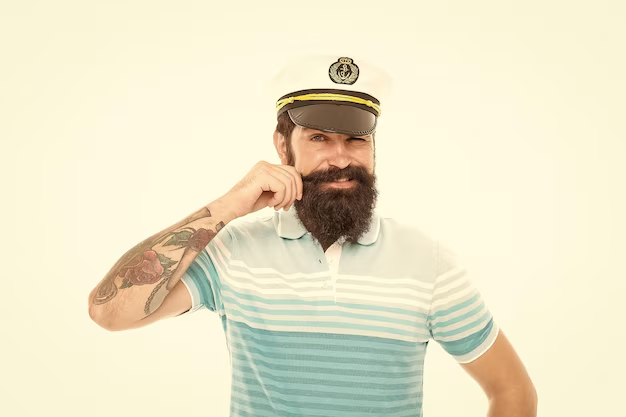How to Become a Cruise Ship Captain: Key Degrees and Certifications
Navigating the seas as a cruise ship captain requires a blend of academic knowledge, practical training, and trusted leadership capabilities. Aspiring captains typically embark on their journey through a Merchant Marine Academy, which equips them with essential maritime skills and knowledge. A Bachelor's Degree in Marine Transportation or a related field is often the initial step, providing foundational understanding of navigation, safety, maritime law, and ship operations. Furthermore, specialized maritime training certifying proficiency in various aspects of ship management is pivotal. A Master’s degree in a maritime field can also significantly enhance prospects, demonstrating a deeper commitment and grasp of advanced concepts.
In addition to academic achievements, obtaining professional certifications and licenses is crucial. The Standards of Training, Certification, and Watchkeeping (STCW) credential is internationally recognized and mandatory for those pursuing maritime careers. Additionally, acquiring a U.S. Coast Guard License is essential, starting as an Officer in Charge of a Navigational Watch before gradually climbing up to the esteemed rank of Master Captain. Experience at sea, frequently gained through roles as deck officers, builds the practical wisdom and leadership skills imperative for a captain's role. As you steer your career towards the captain’s chair, these educational paths and certifications form the essential compass guiding you through every nautical mile.
Essential Academic and Professional Pathways:
- 🎓 Bachelor's Degree in Marine Transportation
- 🧭 STCW Certification (Standards of Training, Certification, and Watchkeeping)
- ⚓ U.S. Coast Guard License
- 📜 Master’s Degree in Maritime Studies (Optional but Advantageous)
- 🌊 Hands-on Experience as a Deck Officer
